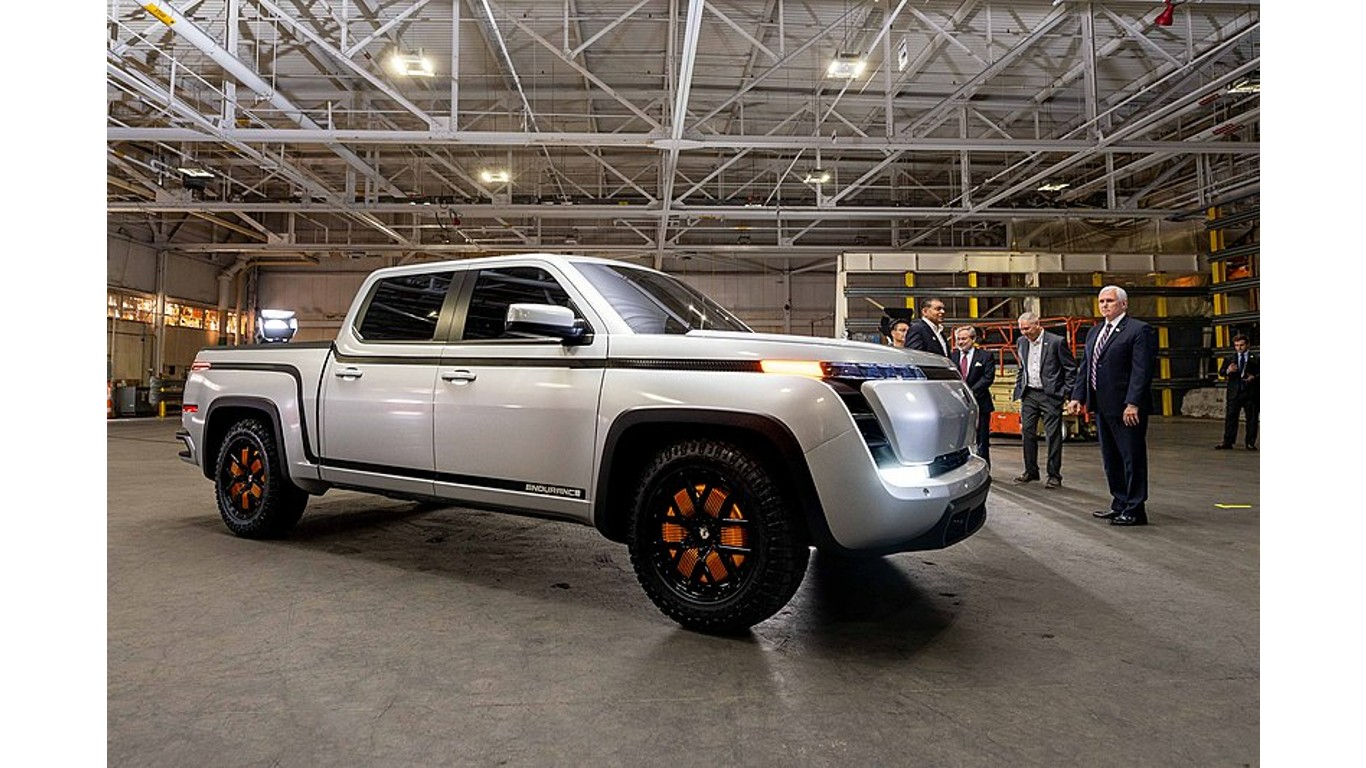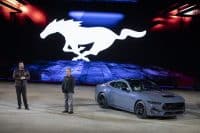
Lordstown, the deeply troubled electric vehicle (EV) startup, recently posted a sharp stock price drop. It traded at $0.81, which puts it firmly in the penny stock arena. Investors should not expect it to rebound.
Lordstown’s financial results were terrible. Regarding its numbers, Motley Fool editors wrote, “Yesterday’s (Tuesday) announcement confirmed that it only sold three trucks in Q4, generating revenue of just $194,000. Wall Street had expected sales would reach $7 million in the quarterly period.”
For the year (2022), Lordstown lost $282 million on revenue of $194,000. It boasted a cash balance of $221 million. Investors have to guess how long that will last. They must also guess whether Lordstown can get many vehicles into the market. It shuttered its assembly line on February 23 and cited “quality and performance” issues. When will those end?
Lordstown’s biggest problem goes beyond money. It is up against competition from many of the world’s largest car companies. Ford will eventually start mass production of its F-150 Lightning. Ford has a base of millions of customers who already own the gas-powered version of the truck. Popular pickups Silverado and Ram will also have EV versions soon. And Tesla plans to launch its pickup model. (This is the good, the bad and the ugly of owning a Ford F-150.)
Lordstown is one of a small group of EV companies in great trouble. Also on the list are Lucid and Rivian. Each may find that the number of vehicles it produces is too little too late. Although GM and Ford, for example, have struggled to get to market, they have huge production facilities, dealer networks, product development, and R&D operations.
The problems of EV companies are not new. In the 20th century, major brands, including Packard, Tucker and Delorean, disappeared. Each had a large following, but they could not get out from under the success of the large collections of brands that included Ford, Lincoln, Cadillac, Chevy, Pontiac, Buick and Oldsmobile. Lordstown finds itself in a similar situation. (These are EV companies likely to fold.)
Are You Still Paying With a Debit Card?
The average American spends $17,274 on debit cards a year, and it’s a HUGE mistake. First, debit cards don’t have the same fraud protections as credit cards. Once your money is gone, it’s gone. But more importantly you can actually get something back from this spending every time you swipe.
Issuers are handing out wild bonuses right now. With some you can earn up to 5% back on every purchase. That’s like getting a 5% discount on everything you buy!
Our top pick is kind of hard to imagine. Not only does it pay up to 5% back, it also includes a $200 cash back reward in the first six months, a 0% intro APR, and…. $0 annual fee. It’s quite literally free money for any one that uses a card regularly. Click here to learn more!
Flywheel Publishing has partnered with CardRatings to provide coverage of credit card products. Flywheel Publishing and CardRatings may receive a commission from card issuers.
Thank you for reading! Have some feedback for us?
Contact the 24/7 Wall St. editorial team.




